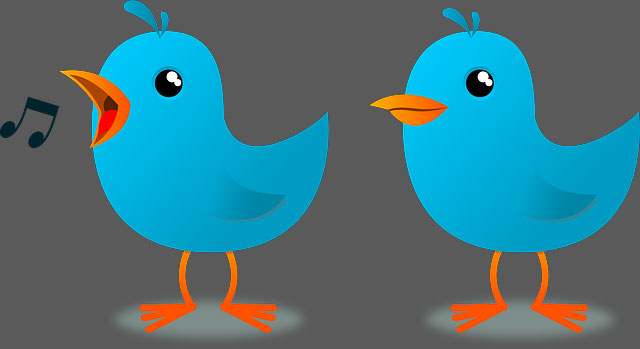
The February 2013 bail hearing of Paralympian Oscar Pistorius was a defining moment for Twitter in South Africa. The event marked the biggest-ever spike in Twitter traffic in the country as users flocked to the social network to get the latest updates as they happened from the courtroom, says Arthur Goldstuck, MD of research firm World Wide Worx.
“It was the first big South African story where the breaking news was happening on Twitter,” he says. “You could follow the actual trial on television and radio, but the bail hearing was all Twitter.”
Indeed, this highlights an important fact about Twitter, both in South Africa and worldwide: that it’s most commonly used by people wanting to get news as it happens. In that respect, it’s quite different to other social media, like Facebook. Where Facebook is about baby pictures and wedding photos, Twitter is more business-like: it’s where people go to be informed about the world — in real time.
According to World Wide Worx data, there were 6,5m Twitter users in South Africa at the end of 2014, up from 5m the year before. Many of the new users are from lower living standards measures — those getting connected to the Internet for the first time, usually using low-cost smartphones. But no matter which LSM they’re in, Twitter users all come to the platform for the same basic reasons, according to Goldstuck.
Twitter has about half the number of people in South Africa using it as there are on Facebook, a ratio that is high by international standards. But most local Twitter users — about two-thirds, by Goldstuck’s estimates — seldom tweet or never tweet at all. Rather, they use it as a source of information, not as a platform for active engagement. It’s used a news source first and secondly as a way of keeping up to date with celebrities, businesspeople and politicians. “South Africans tend to be more shy than users in other countries. Some are still nervous of the environment.”
That hasn’t stopped South African brands, especially retail consumer-facing brands, from using Twitter as a channel for engaging with existing and potential clients. Telecommunications operators, banks, retailers and car makers have all put the network to good use to solicit feedback and help customers deal with challenges. Some brands have done it noticeably better than others.
New research conducted by Nielsen, on behalf of Twitter — and published here for the first time — shows 76% of South African users follow at least one brand or company.
More than a third (34%) of users follow brands in the automotive sector, while 30% follow finance brands, 40% have an interest in technology (including telecommunications) and 43% follow a sports team. Retailers and other fast-moving consumer goods brands are followed by 39% of South African Twitter users.
The reasons consumers say they follow brands relate to the type of information and content that’s tweeted about.
For example, 61% of respondents say they follow a brand because they want to know about new products and services, while 60% are interested in news about a particular brand. Other reasons include the chance to enter competitions, for customer support or because they simply liked the brand.
The study showed that 67% of consumers in South Africa retweeted a brand’s content if they liked it.
- This piece was first published in the 21 June edition of the Sunday Times

